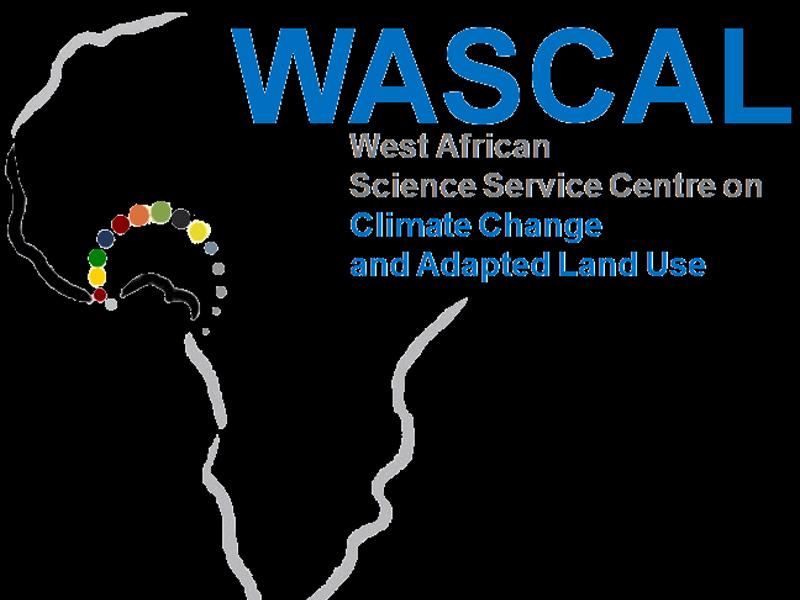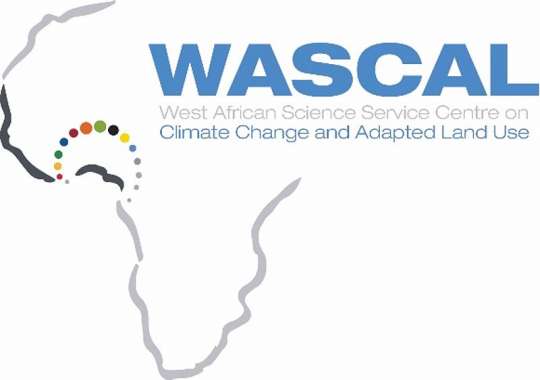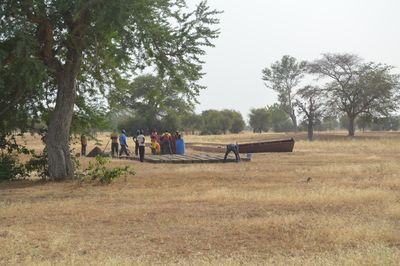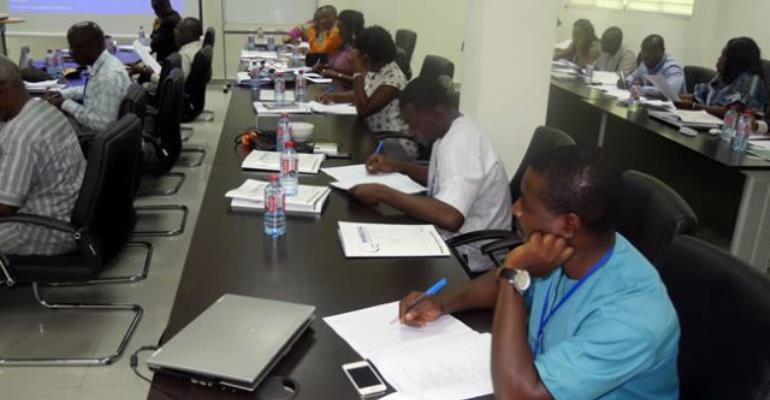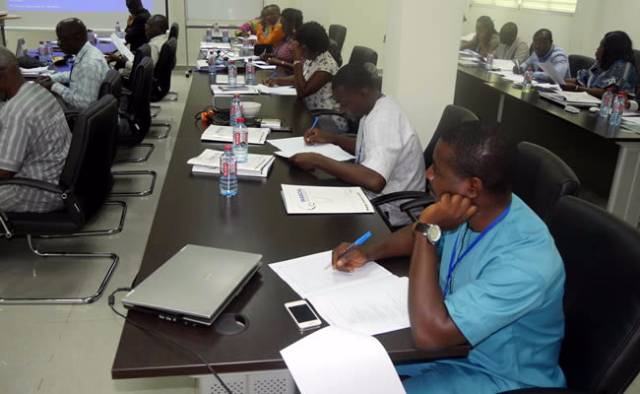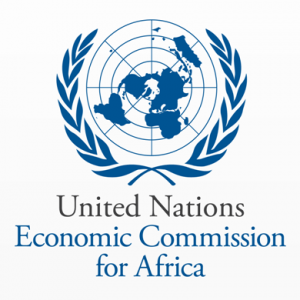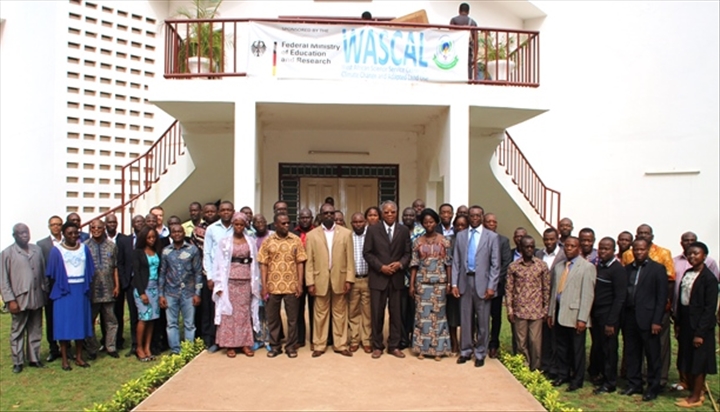The stations would be an improvement of the sub-region’s 150 operational Synoptic Weather Stations since according to the World Meteorological Organisation, West Africa needs 2000 of the stations to help close meteorological data gaps in West Africa.WASCAL has signed a Memoranda of Understanding agreement with the Ghana Meteorological Services Department and this Ghana one of the first beneficiaries of the new weather stations.
Professor Jimmy Adegoke, the Executive Director of WASCAL, said this on Thursday at the opening session of its 11th board meeting in Accra.He said WASCAL was determined to establish a fully operational climate services programme by 2021 to provide relevant climate services for West African governments, regional economic bodies, basin authorities and other stakeholders for decision making.
Prof Adegoke said WASCAL received one million euro from the African Development Bank to build a world-class Climate Change Competence Centre in Ouagadougou in Burkina Faso.The Centre would serve as West Africa’s foremost Climate Research Center and regional hub for climate services, multi-purpose conferences, capacity building in climate change and other related activities.
Prof Adegoke said since WASCAL establishment in 2013, it has graduated 152 students whilst 106 students were currently in the WASCAL Graduate Studies Programmes located in the 10 member countries.He said plans were far advanced to commence a new Masters Programme in Informatics for Climate Change in Burkina Faso in 2018.
“The vision of WASCAL is to become one of Africa’s leading institutions in the provision of climate services to protect and improve livelihoods across West Africa through capacity building, research and climate services”, he said.Prof Kwabena Frempong-Boateng, Minister of Environment, Science, Technology and Innovation, said the Inter-governmental Panel on Climate Change estimates that global temperatures could rise another 1-2 °C by 2050 and 2-5 °C by 2100 depending on the additional quantity of greenhouse gases humans emit into the atmosphere over the coming decades.
He said the fight against climate change was mainly attributed to man-made activities, resulting in the adverse impact on livelihoods and commended WASCAL for its role to address the situation.Prof Frimpong-Boateng said the country would collaborate with WASCAL and ensure that any support needed are provided and urged member countries to deliberate on the sustainability of WASCAL.
Mr Christoph Retzlaff, the German Ambassador to Ghana, said the approach to climate change involves a concerted effort and that German research policy is oriented towards international cooperation.He said research on climate change and adaptive land use are key priorities for guaranteeing the livelihood of mankind, hence the need for more support to address the concern.
WASCAL was established in 2013 after an agreement was signed between Germany and ten West African countries to address the growing challenge of climate change.The countries are Ghana, Benin, Burkina Faso, Cote de Ivoire, the Gambia, Mali, Niger, Nigeria, Senegal and Togo.


